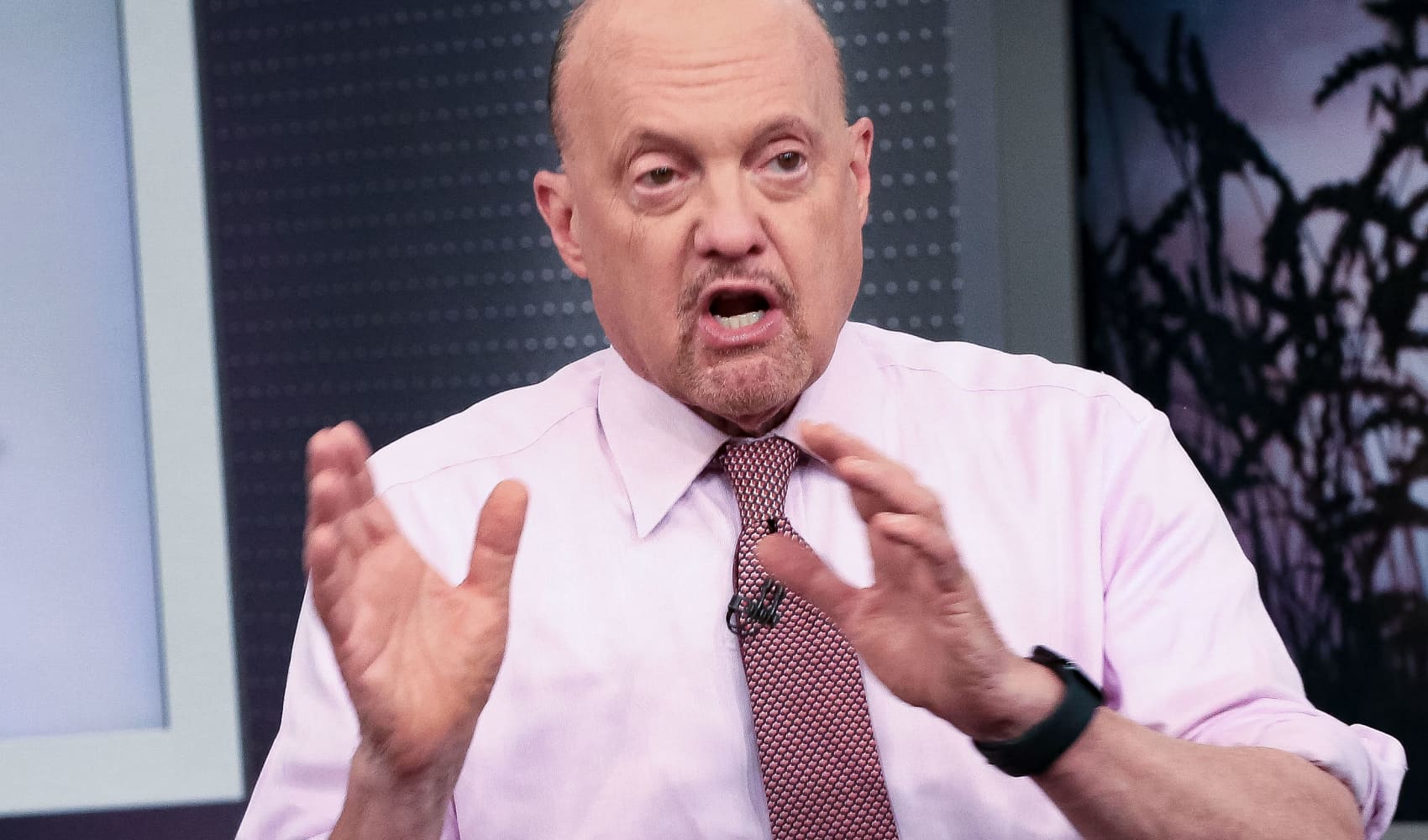
- U.S. Secretary of Defense Lloyd Austin publicly apologized for not telling President Joe Biden and the public about his prostate cancer diagnosis and his subsequent hospitalization.
- "I should have told the president about my cancer diagnosis. I should have also told my team and the American public, and I take full responsibility," Austin said.
- The Pentagon took three days to inform the White House that Austin had been hospitalized after complications arose from surgery to treat his prostate cancer.
U.S. Secretary of Defense Lloyd Austin publicly apologized Thursday for not telling President Joe Biden and the public about his prostate cancer diagnosis and his subsequent hospitalization.
"We did not handle this right. And I did not handle this right. I should have told the president about my cancer diagnosis. I should have also told my team and the American public, and I take full responsibility. I apologize to my teammates and to the American people," Austin said in a briefing at the Pentagon.
The Pentagon took three days to inform the White House that Austin was hospitalized after complications arose from surgery to treat his prostate cancer.
We've got the news you need to know to start your day. Sign up for the First & 4Most morning newsletter — delivered to your inbox daily. >Sign up here.
"I've apologized directly to President Biden," Austin said. "And I've told him that I'm deeply sorry for not letting him know immediately that I received a heavy diagnosis and was getting treatment."
Austin said Deputy Defense Secretary Kathleen H. Hicks assumed his duties on Jan. 2, after he was transferred to the critical care unit for several days. However, Hicks was not informed until Jan. 4 that Austin was hospitalized. Austin resumed his authority on Jan. 5 and was released from the hospital 10 days later.
The incident exposed potential gaps in the U.S. chain of command at the Pentagon that raised alarms around the world, amid tensions in the Middle East and war in Ukraine. During Austin's hospitalization the U.S. carried out a strike in Iraq that killed a militia leader the Pentagon blamed for attacks on U.S. personnel. Austin said Thursday the strike was planned and that he had previously recommended to the president that it should be carried out.
Money Report
Austin said Thursday that while he was admitted to intensive care at Walter Reed National Military Medical Center, there were never any gaps in authority at the Defense Department. He said an ongoing Pentagon internal review will reveal more about the incident and what Hicks knew about his hospitalization.
"We're committed to sharing as much as possible as soon as possible," Austin said.
Biden said in January that it was a lapse in judgment for Austin not to tell him about his diagnosis and hospitalization but that he had confidence in the Defense secretary. Austin said Thursday he never considered resigning as a result of the incident.
Austin also said Thursday that his diagnosis and subsequent hospitalization was a missed opportunity for him to highlight the importance of getting screened for prostate cancer.
"I'm here with a clear message to other men, especially older men. Get screened. Get your regular checkups," Austin said.
Don't miss these stories from CNBC PRO:
- Forget the 'Magnificent 7,' these Nasdaq stocks are next in line to lead the rally, according to the charts
- Nvidia is now 'deeply overbought' and due for 'consolidation,' says chart analyst
- Eli Lilly's Zepbound is off to a strong start, but here's what needs to happen to push shares higher
- Investors are shifting into this type of bond fund at the fastest pace in three years






